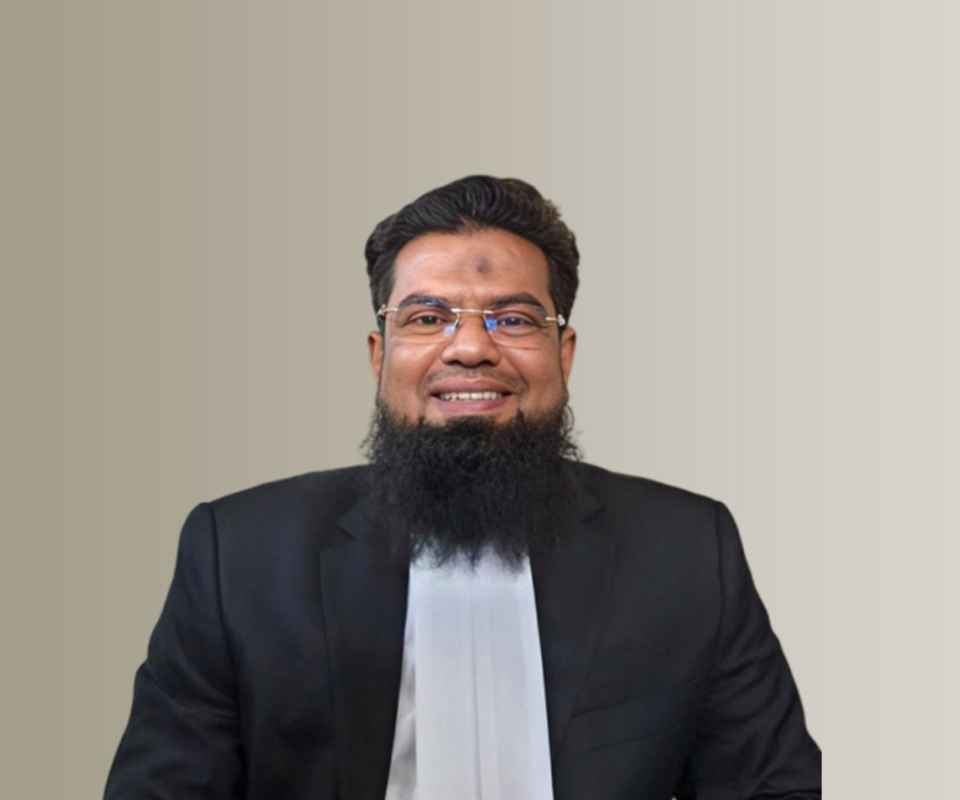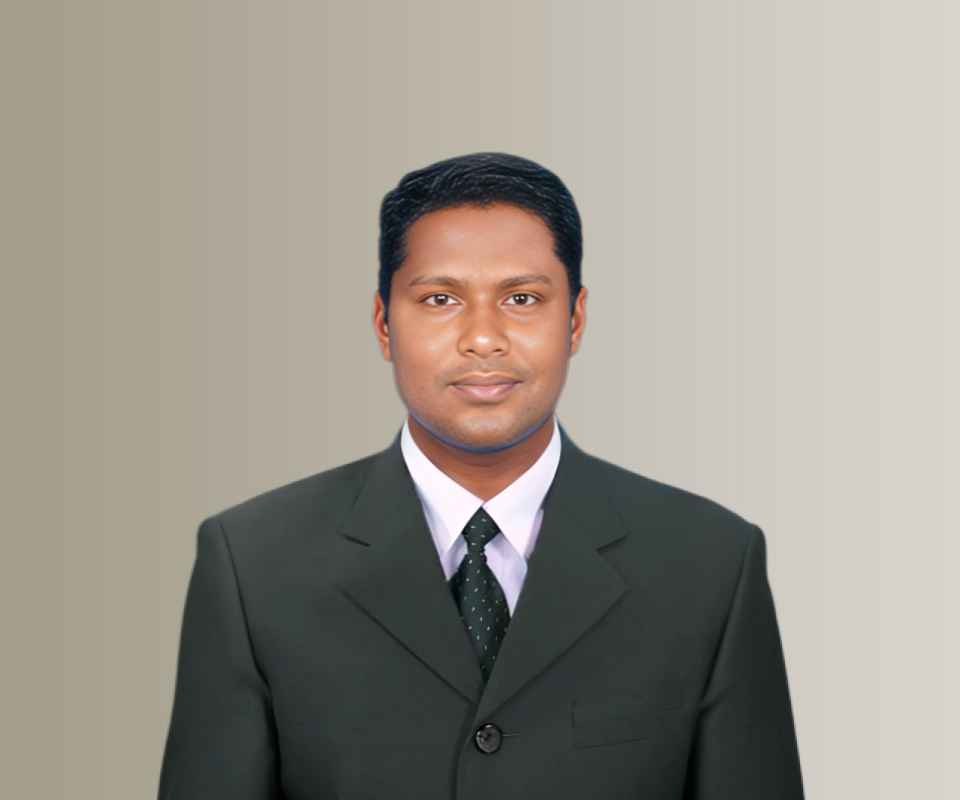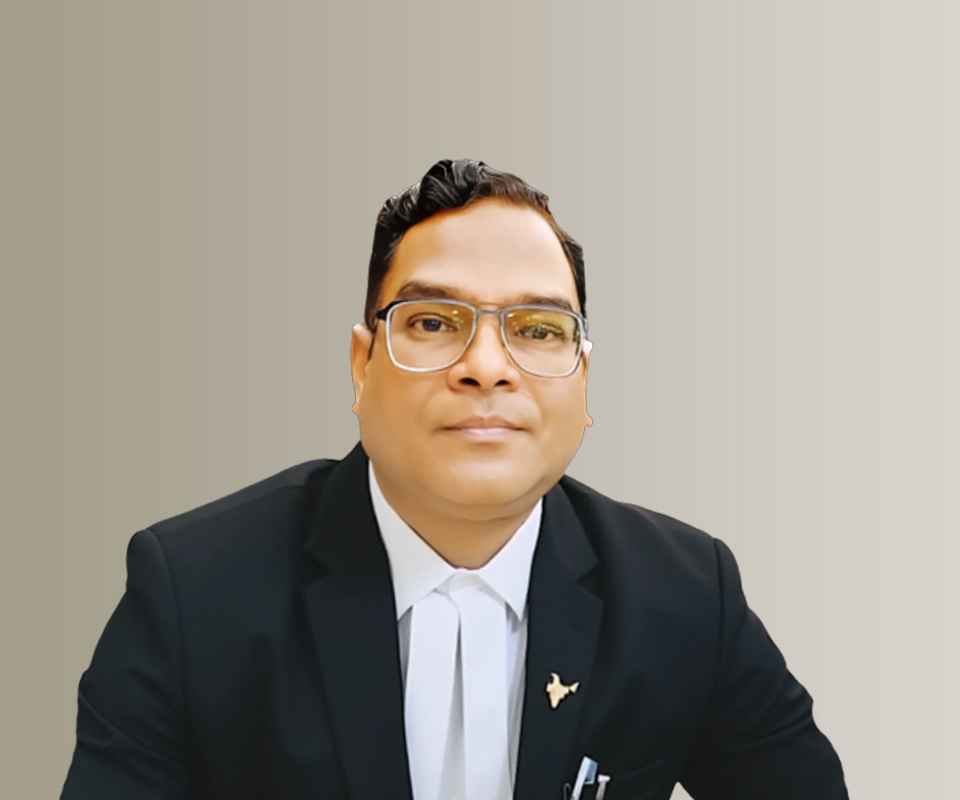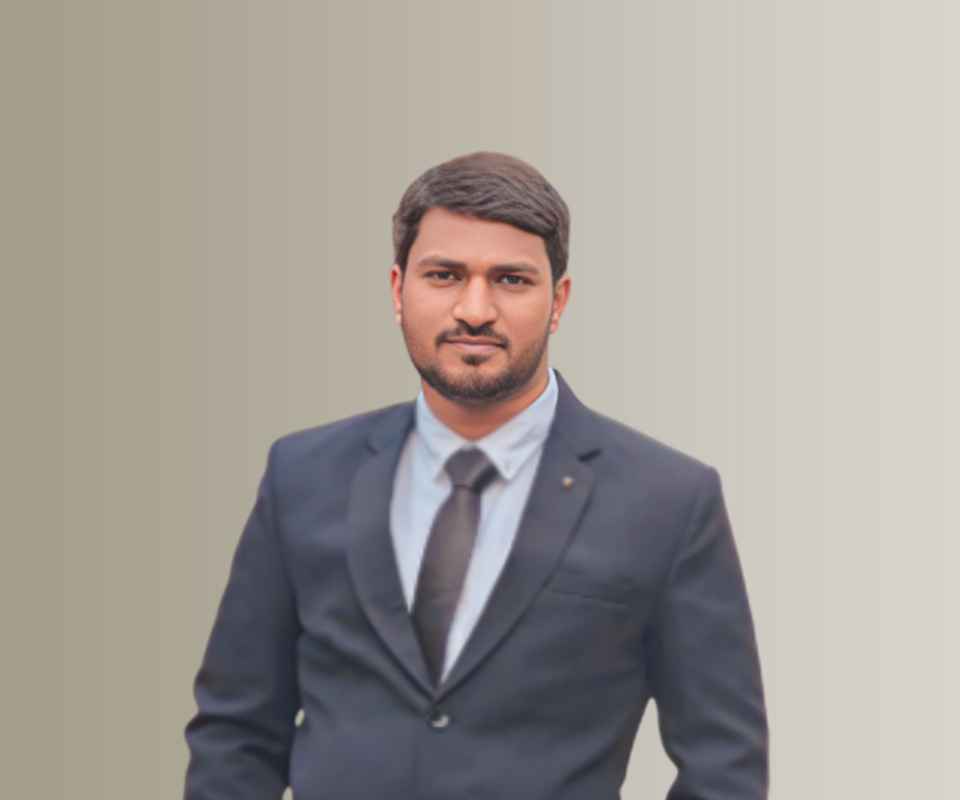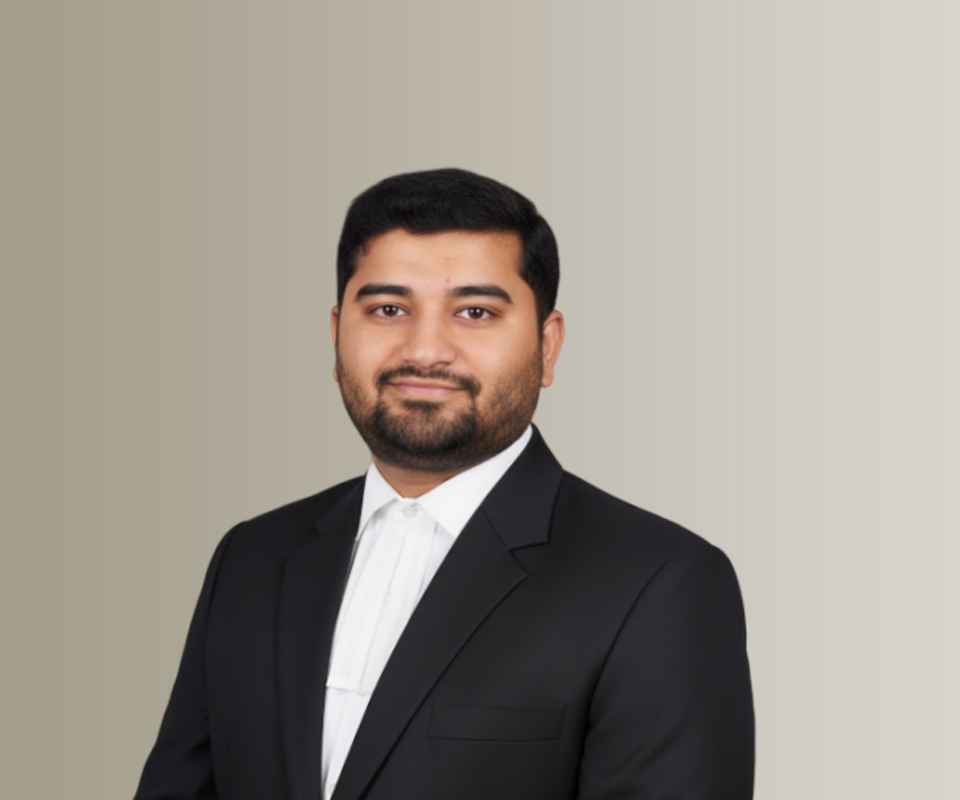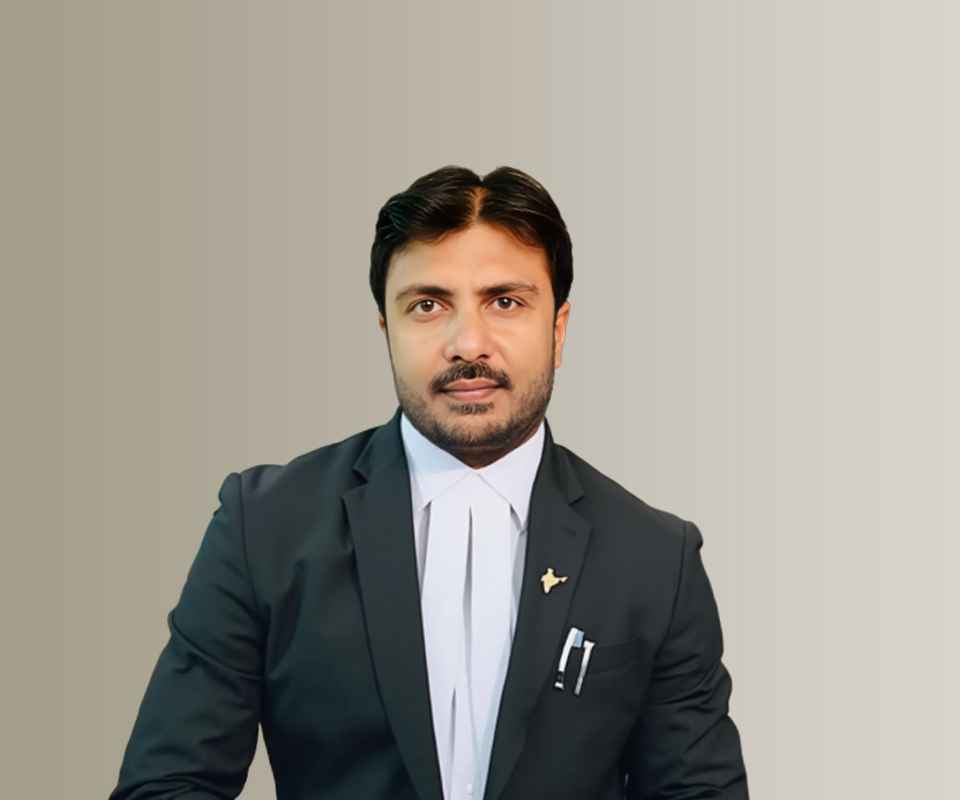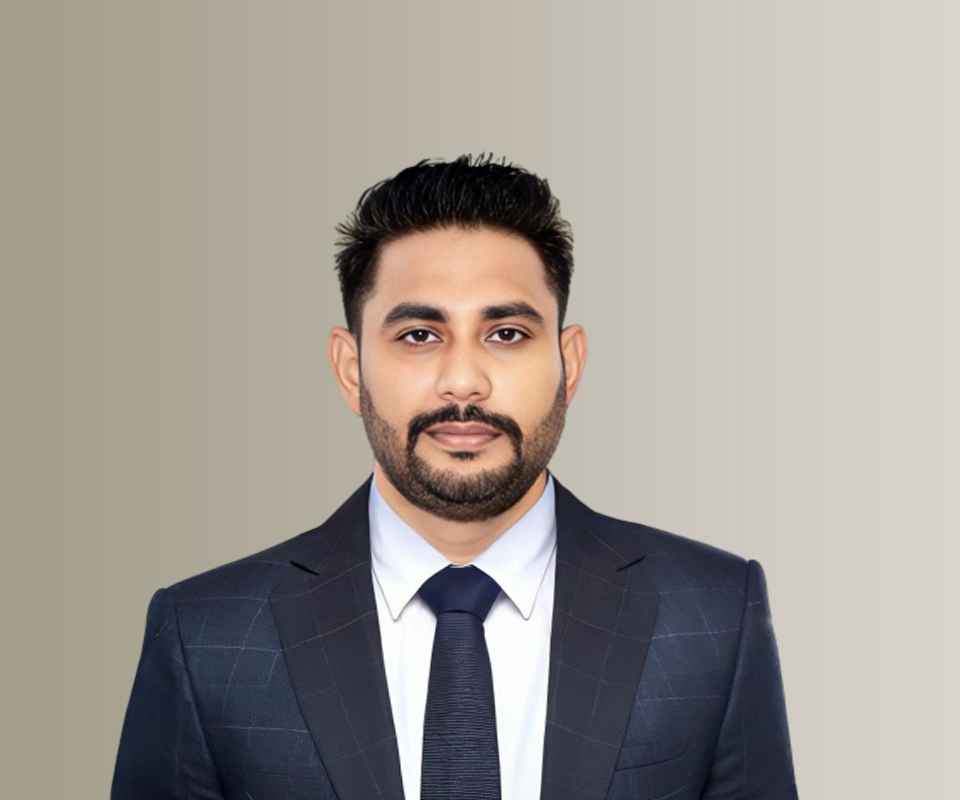Answer By law4u team
Nafaqa under Muslim law refers to the financial maintenance or support provided by a husband to his wife, and sometimes to other dependents such as children or parents, in accordance with the principles of Islamic law. It encompasses the provision of all necessary living expenses, including food, clothing, shelter, and medical care, which are essential for the sustenance and well-being of the wife during and after the marriage. Nafaqa for Wife During Marriage Husband’s Obligation: It is the husband’s legal and moral obligation to provide nafqa to his wife during the marriage. This obligation is grounded in the Quran, particularly in Surah Al-Baqarah (2:233), which emphasizes that the husband is responsible for the financial upkeep of the wife. Scope of Nafaqa: Nafaqa includes basic necessities such as food, clothing, housing, and medical expenses, suitable to the wife’s status and the husband's financial capability. It is to be provided in a manner that aligns with the couple’s standard of living before any hardship occurred. Amount of Nafaqa: The amount should be reasonable and proportionate to the husband’s income and the wife’s needs. If the husband has the financial means, he is expected to provide nafqa in a way that meets his wife’s reasonable lifestyle requirements. The wife does not need to prove her financial need, as the husband’s duty is established under Islamic law. Rights of the Wife: A wife has the right to claim nafqa from her husband if she is not provided with it, and she can seek legal action if the husband refuses or fails to provide it. The right to nafqa remains even if the wife is living separately due to a marital dispute, provided the wife has not caused the separation (e.g., due to her own fault). Duration of Nafaqa During Marriage: Nafaqa is to be provided for as long as the wife remains in the marriage and is not living separately without valid reason (e.g., without the husband's fault). Nafaqa After Divorce Post-Divorce Maintenance: After divorce, the wife may still be entitled to nafqa for a certain period, depending on whether she is in the waiting period (iddat). Nafqa after divorce is due if the wife is still in her iddat period, which is typically three menstrual cycles or, for a pregnant woman, until the child is born. Entitlement Beyond Iddat: After the completion of the iddat period, the wife is generally not entitled to nafqa unless there is an agreement or additional provisions, such as in cases where the wife is unable to financially support herself due to specific circumstances (such as illness or lack of means). Financial Status of the Husband: The husband is not required to continue paying nafqa after divorce if the wife has remarried or if she is financially independent. However, if the husband is wealthy and the wife is unable to support herself, the court may order him to provide post-divorce maintenance in some cases. Nafaqa for Children and Other Dependents Children’s Nafaqa: A father is obligated to provide nafqa for his children, typically until they reach adulthood or become financially independent. In the case of minor children, nafqa includes their education, food, shelter, and other basic needs. Dependents’ Nafaqa: Nafaqa can also be extended to other dependents such as elderly parents or other relatives who are financially dependent on the husband. The extent of nafqa provided to such dependents depends on their needs and the financial capability of the husband. Legal Enforcement of Nafaqa Islamic Courts: In case of non-payment or disputes regarding nafqa, the wife may approach a family court or Islamic court to seek enforcement of her right to nafqa. The court will examine the financial status of the husband and the needs of the wife and children. Punishments for Non-Payment: If a husband refuses to provide nafqa, he can be legally compelled to pay, and in extreme cases, he may face punishment for neglecting this duty, depending on the legal provisions and the jurisdiction. Conclusion Nafaqa is a key component of marital obligations under Muslim law. It represents the husband’s duty to maintain his wife, children, and sometimes other dependents in accordance with their needs and his financial ability. While the wife is entitled to nafqa during marriage, she may also be entitled to post-divorce maintenance during the iddat period. Courts can enforce nafqa if the husband fails to fulfill his obligations.


